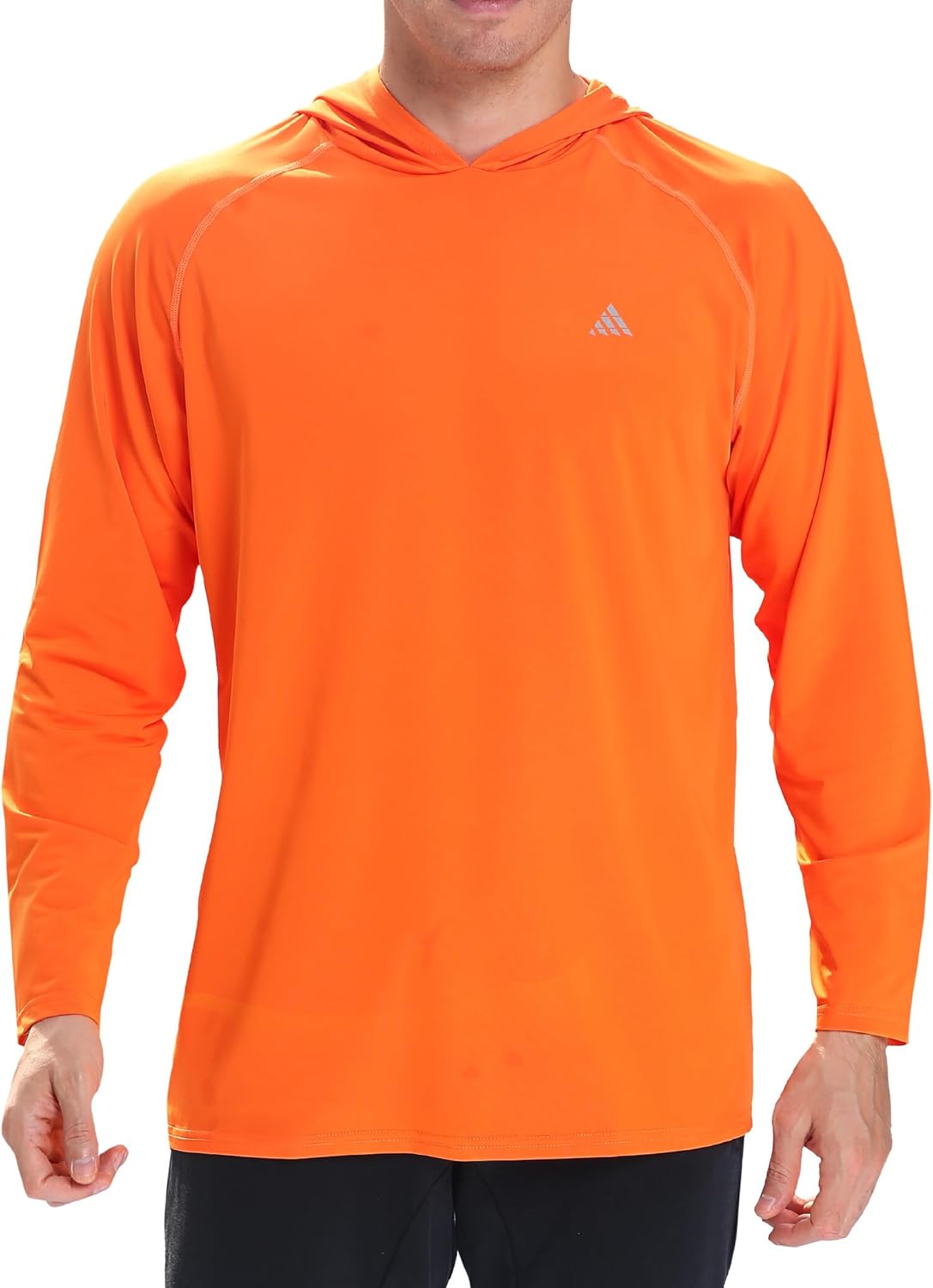




Price: $14.98
(as of Apr 15, 2025 16:31:44 UTC - Details)
The Best Face Sun Protection: Your Ultimate Guide to Radiant and Safe Skin
Introduction
When it comes to our skin, especially the delicate face area, sun protection is not just an option; it's a necessity. With increasing awareness about the harmful effects of UV rays, choosing the best face sun protection has become crucial for everyone. Whether you're planning a beach day, a stroll in the park, or just running errands, applying the right sunblock can make a significant difference in maintaining healthy skin.
In this article, we'll dive deep into the world of face sun protection. We'll explore various products, discuss their benefits, and provide you with valuable tips on how to choose the right one for your skin type. So, if you're looking for effective ways to shield your face from harmful sun rays, keep reading!
Understanding SPF: What it Means for Your Skin
What is SPF?
SPF stands for Sun Protection Factor, and it indicates how well a sunscreen can protect your skin from UVB rays, which are the main cause of sunburn and skin cancer. The higher the SPF number, the greater the protection. For instance, SPF 30 blocks about 97% of UVB rays, while SPF 50 blocks about 98%.
Choosing the Right SPF for Your Skin Type
When selecting the best face sun protection, consider your skin type. If you have fair skin that burns easily, opt for a higher SPF, such as 50 or more. For medium skin tones, SPF 30 is usually sufficient. However, if you have darker skin, while you may not burn easily, you should still use sunscreen to protect against long-term skin damage.
Broad Spectrum Protection: Why It Matters
What is Broad Spectrum Sunscreen?
Broad spectrum sunscreens protect against both UVA and UVB rays. UVA rays can penetrate the skin more deeply and are primarily responsible for premature aging and skin cancer. Therefore, when looking for the best face sun protection, ensure the product is labeled "broad spectrum."
Benefits of Broad Spectrum Protection
Using broad spectrum sunscreen helps prevent skin aging, dark spots, and even some types of skin cancer. Even on cloudy days, UV rays can still affect your skin, so applying a broad-spectrum sunscreen daily is crucial.
The Best Ingredients for Face Sun Protection
Chemical vs. Physical Sunscreens
When searching for the best face sun protection, you'll come across two main types of sunscreens: chemical and physical (or mineral).
-
Chemical Sunscreens: These contain organic compounds that absorb UV radiation. They are often lighter and easier to apply but may cause irritation for sensitive skin types.
- Physical Sunscreens: These contain active mineral ingredients like zinc oxide or titanium dioxide. They sit on top of the skin and deflect UV rays. They are usually recommended for sensitive skin but can leave a white cast.
Key Ingredients to Look For
When choosing a product, look for ingredients like zinc oxide, titanium dioxide, and antioxidants such as vitamin C and E. These ingredients not only provide sun protection but also help nourish and repair the skin.
Daily Application: How to Use Sunscreen Effectively
The Right Amount
Applying the right amount of sunscreen is crucial for effective protection. A general rule of thumb is to use about a nickel-sized amount for your face.
Application Tips
-
Apply Before Makeup: If you wear makeup, apply sunscreen as the first step in your skincare routine. Allow it to absorb for a few minutes before applying any makeup.
- Reapply Regularly: Sunscreen should be reapplied every two hours, especially after swimming or sweating. Look for face sunscreens that come in spray or stick forms for easy reapplication.
Don’t Forget Your Neck and Ears!
When applying sunscreen, don’t forget to cover your neck, ears, and any other exposed areas. These areas are often neglected but are just as susceptible to sun damage.
Special Considerations: Sensitive Skin and Acne-Prone Skin
Choosing Products for Sensitive Skin
If you have sensitive skin, look for sunscreens labeled as "hypoallergenic" or "for sensitive skin." Ingredients like aloe vera and chamomile can also soothe and protect.
Best Face Sun Protection for Acne-Prone Skin
For those with acne-prone skin, opt for non-comedogenic sunscreens that won’t clog pores. Gel-based sunscreens can be a great option as they are lightweight and absorb quickly.
The Role of Sunscreen in Anti-Aging
How Sunscreen Prevents Premature Aging
Sun exposure is one of the leading causes of premature aging. Regular use of the best face sun protection can help maintain youthful skin by preventing fine lines, wrinkles, and age spots.
Combining Sunscreen with Other Anti-Aging Products
For optimal results, combine your sunscreen with other anti-aging products like retinol and hyaluronic acid. This combination can enhance your skin's appearance while providing necessary sun protection.
Natural and Organic Sun Protection Options
The Rise of Natural Sunscreens
As more people become conscious of the ingredients in their skincare, natural and organic sunscreens are gaining popularity. These products often use physical blockers and natural ingredients, making them a safer choice for many.
Benefits of Using Natural Sunscreens
Natural sunscreens are less likely to irritate the skin and are often biodegradable and reef-safe, making them an eco-friendly choice. Look for products that are certified organic and free from harmful chemicals.
Conclusion: Choose the Best Face Sun Protection for Your Needs
In summary, finding the best face sun protection is essential for maintaining healthy skin. Consider factors like SPF, broad-spectrum protection, ingredients, and your skin type when making your choice. Regular application and reapplication of sunscreen can help prevent premature aging and skin damage, ensuring your face remains radiant and youthful.
Remember, the best face sun protection is not just about preventing sunburn; it’s about investing in your skin’s long-term health. So, make sunscreen a part of your daily routine, and enjoy the outdoors with confidence!
